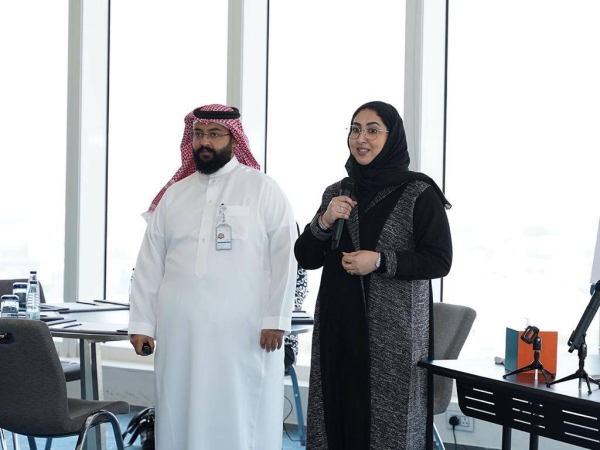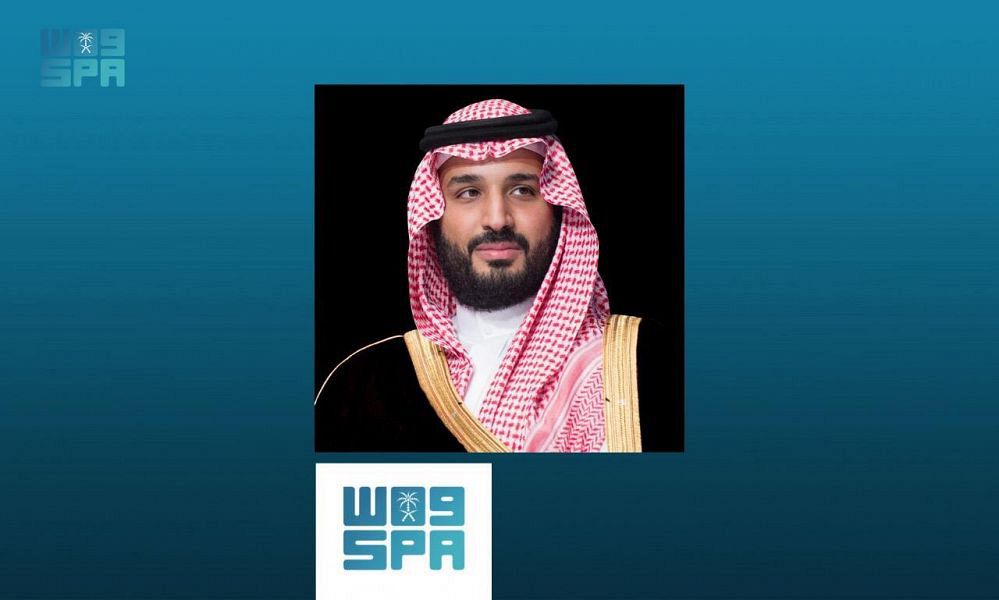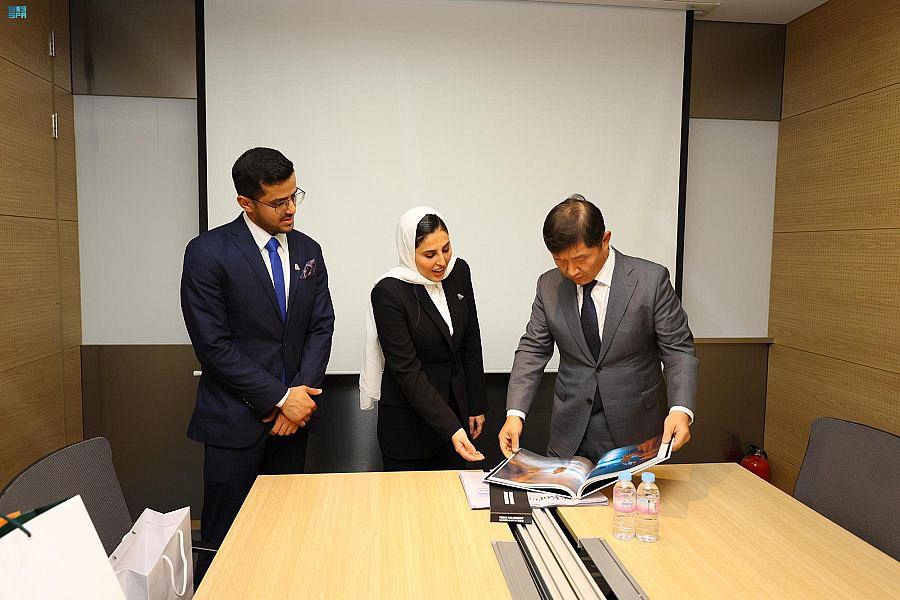
The Pearl Initiative, a business-led non-profit organisation focused on promoting corporate accountability in the Gulf Region, partnered with SABIC to organize a series of workshops on Gender and Corruption in Saudi Arabia. The training provided a forum for women leaders and executives to discuss and identify strategies to combat workplace corruption and other related challenges in the business environment.
Baker Sindi, Senior Manager, Compliance Programs MEA at SABIC and Shatha Awdah Al-Shammari Senior Manager, New Hire Experience at SABIC, led the workshops, which engaged 75 female and male business leaders and executives. The primary objective was to equip participants with the skills required to recognize and address gender-specific issues related to corruption. To achieve this, case studies, role-playing, and scenario analysis were used to teach business leaders about the impact of corruption on women and its impact.
Shatha Awdah Al-Shammari Senior Manager, New Hire Experience at SABIC, said: “In many countries, women still find it hard to enjoy equal rights and opportunities, with many facing discrimination, cultural or religious bias, harassment and violence. Even within their family roles, women face corruption when accessing public services such as healthcare and education. We can see that the cultural prevalence of these practices often crosses over into the workplace.”
A report by McKinsey & Company, titled “The Power of Parity: How Advancing Women’s Equality Can Add $12 Trillion to Global Growth”, highlights that matching the rate of improvement of the fastest-improving country in the region could potentially add as much as $12 trillion, equivalent to 11 percent of the annual 2025 GDP, in a "best in region" scenario. However, in a more ambitious "full potential" scenario, where women play an equal role to men in labour markets, up to $28 trillion or 26 percent could be added to the global annual GDP by 2025
Danah Abboud, Diversity in Business Leadership Programme Manager at the Pearl Initiative, said: “The Saudi economy is booming with an increasing number of women either entering the workplace for the first time or moving up the career ladder into leadership positions. This provides an ideal opportunity for women to become female mentors and thought leaders to inspire, aspire and lead social change, ensuring gender inequality and corruption do not hinder the progression of women in the region.”
According to figures shared by Saudi Human Rights Commission, the participation of Saudi women in the labour market has increased from 21% to 35% over the past 5 years. Therefore, there is a growing need to educate and provide women with a platform to identify and report corruption to benefit companies and their supply chains.











